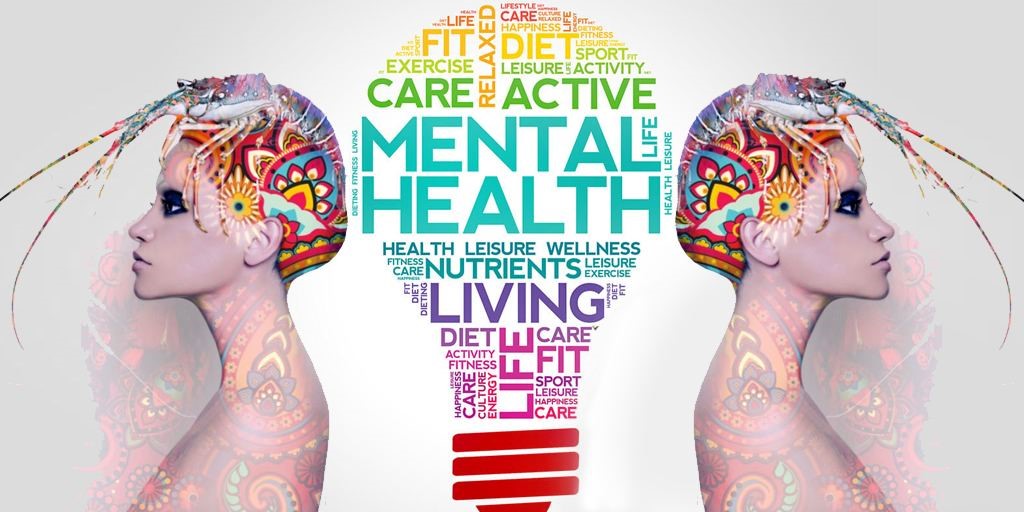
Bezos, Gates, and Musk are all well-known and oft-cited examples of successful founders in the business space. The reverence and attention paid to these entrepreneurial icons are embedded in our everyday conversations and consciousness.
We share stories of their success, usually detailing triumph in the face of insurmountable odds, despite them actually being rare narratives of survivorship with few footnotes on the hundreds if not thousands of creators that did not scale to such heights. But the mundane reality of these countless unheralded entrepreneurs’ journeys is filled with loneliness and worry that often dips into fraught mental and emotional distress.
The reality of being an entrepreneur
In this reality outside of the limelight, most entrepreneurs and creators are being squeezed between the pressures of investors, clients, and their own internal world that magnifies opportunities and threats to their companies and is intensified by a relentless sense of responsibility and urgency. Through this storm of competing priorities, the lines between the creator and the creation are blurred.
For entrepreneurs, the importance of your startup often eclipses the importance of taking care of yourself. Studies have shown that founders already find it difficult to carve out time for physical exercise and rest, which in turn pushes their mental wellbeing further down the priority list.
Even for founders who emphasize and actively seek support for their mental wellness, it’s not easy to find help as this is one critical area of support that is constantly overlooked in entrepreneurship programmes or founder bootcamps.
There are few dedicated resources for supporting the mental wellness of creators and innovators and helping them to balance the demands of their jobs and businesses with their health. Of those that exist, many are based out of the US and the EU, with few structured programmes or support networks for Asia and its rapidly expanding communities of innovators.
Listening to your mind and body and recognizing when to take a break or adopt a self-care routine is difficult for many people, and especially difficult for creators who are often oscillating between the emotional highs and lows of hopes of success and fears of failure.
Many entrepreneurs have concerns about just what is their own “OK” and how do they get there. The short answer to that is to trust yourself and find time and ways to quiet your mind and listen to yourself to build that inner confidence and judgment in knowing what you need to maintain your ‘OK’.
Conclusion
It is a sign of strength and self-awareness to reach out and talk to someone and ask for help when you notice changes in energy levels that only you perceive. This is your mental wellness and part of being a responsible founder is establishing your own baselines and benchmarks. But crucially, the discovery and maintenance is not solely on your shoulders, as there are a gamut of services and solutions out there to support you.
We at Everyday Empathy strive to create a non-judgmental space that encourages the development of self-awareness and insight in each founder we work with. We help founders to navigate and be comfortable with their thoughts and feelings amid the storm of competing pressures and priorities and build the moments of stillness and determination and bring themselves closer to balance and being consistently “OK”.